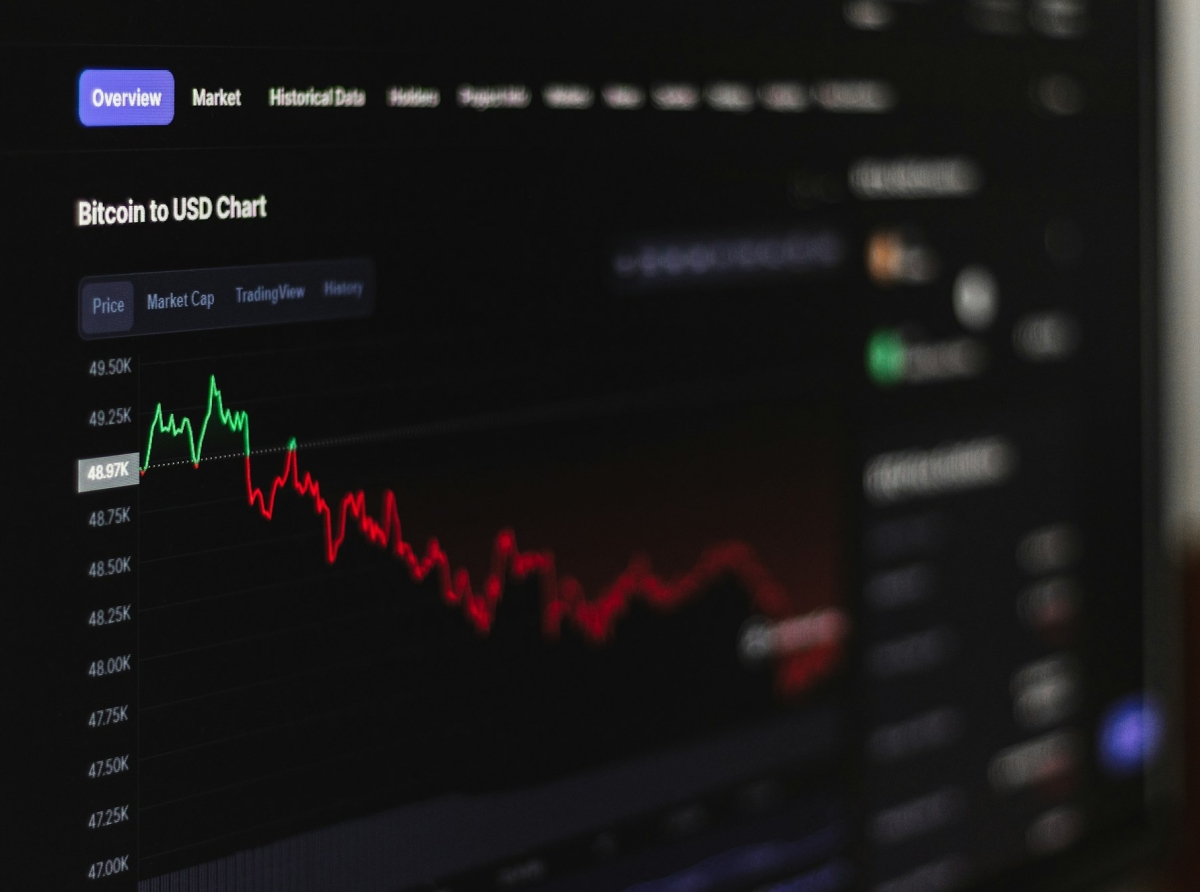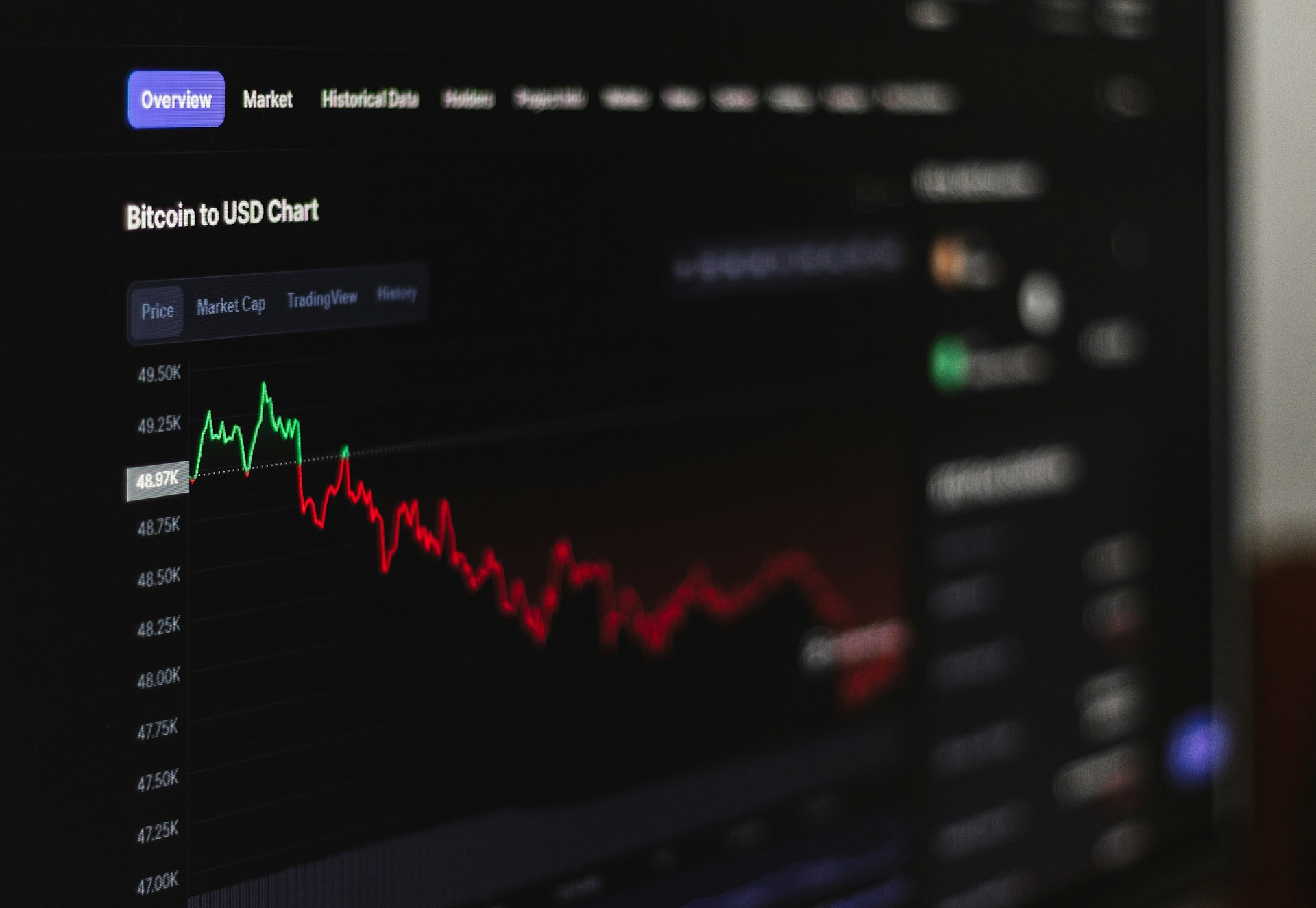
Exploring the Power of Derivatives
Derivatives are sophisticated financial instruments that get their value from the performance of an underlying asset, which can be commodities, currencies, stocks, bonds, interest rates or market indexes. They serve as contracts between two or more parties and are primarily used for hedging risk or for speculative purposes. Unlike direct investment in the underlying asset itself, derivatives allow investors to benefit from fluctuations in its price without necessarily owning it.
The origins of derivatives can be traced back to ancient civilizations where they were used in agricultural trade, but today’s derivatives markets boast a level of complexity and scale that serves a global financial ecosystem.
The origins of derivatives can be traced back to ancient civilizations where they were used in agricultural trade, but today’s derivatives markets boast a level of complexity and scale that serves a global financial ecosystem.

Exploring the Power of Derivatives
Types of Derivatives: Futures, Options, Swaps, and Forwards
Futures: These are standardized contracts to buy or sell an asset at a predetermined price on a specified future date. Futures are traded on exchanges and are commonly used by producers and consumers to lock in prices for commodities such as oil or wheat.Options: These contracts provide the holder with the right, but not the obligation, to buy or sell an asset at an agreed-upon price before a certain date. Call options allow buying while put options provide the selling option. They can be used for hedging or high-leverage speculation.
Swaps: Swaps involve exchanging cash flows or other financial instruments between parties. Interest rate swaps and currency swaps are popular types where parties exchange debt-related cash flows on different terms like variable for fixed interest rates.
Forwards: Similar to futures but not standardized or traded on an exchange; these over-the-counter (OTC) contracts obligate one party to buy and another to sell an asset at a set price on a specific future date.
The Role of Derivatives in Financial Markets: Risk Management and Speculation
Derivatives play a dual role in financial markets. On one hand, they offer tools for risk management by providing opportunities to hedge against potential losses from price volatility in various markets. For example, an airline company might use fuel futures to hedge against the risk of rising jet fuel prices.On the other hand, derivatives are also vehicles for speculation. Traders can predict market movements and use derivatives like options with relatively small initial investments to achieve potentially high returns — albeit with high risks.
The Impact of Derivatives on the Global Economy: Benefits and Controversies
Derivatives have had profound implications for global financial markets. They contribute significantly to liquidity – making it easier for individuals and entities to buy and sell assets – which is essential for efficient market functioning.However, derivatives have also been at the heart of controversy; their complexity and leverage can lead to significant losses if not managed properly. The 2008 financial crisis shed light on how interconnectedness through derivatives can amplify systemic risks across institutions and countries.
The Future of Derivatives in Finance - Challenges and Opportunities
The future landscape for derivatives is likely to be shaped by regulatory changes aimed at enhancing transparency and reducing systemic risks associated with these complex instruments. Technological advancements will also play a key role in evolving market practices; blockchain technology, for instance, has potential applications in streamlining derivative contract settlement processes.While challenges persist - particularly in balancing regulation with innovation - opportunities abound as well for enhancing risk management tools and deepening market capacities through derivatives. As such, they will remain indispensable instruments within finance despite the debates surrounding their use.
In summary, understanding “Financial Instruments” requires grasping both their technical mechanisms and their broader economic implications – where prudent application can unlock vast opportunities while mitigating inherent risks within global financial systems.
Derivatives, Financial Instruments, Risk Management, Market Capacities, Economic Implications









Report
My comments